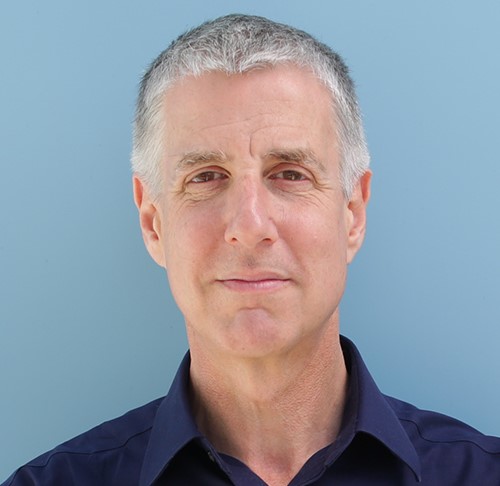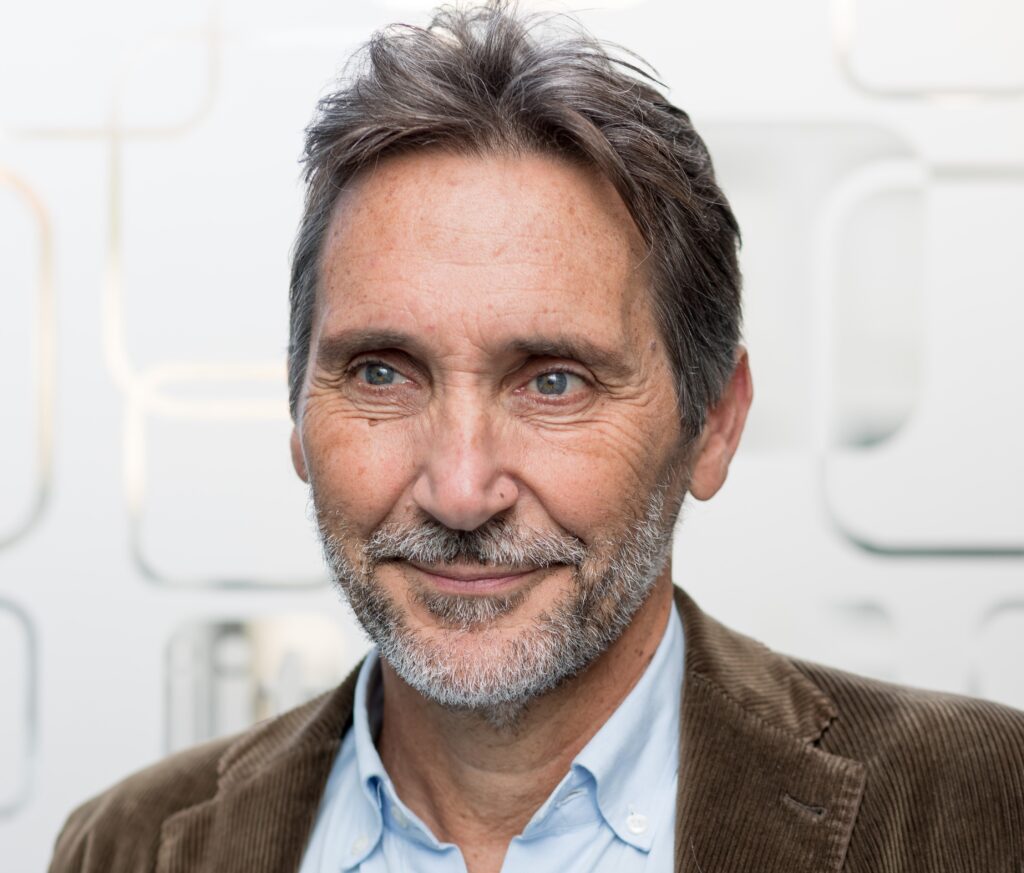Plenaries
Plenary speakers
Prof. Daniel Wolpert

Computational principles underlying the learning of sensorimotor repertoires
Abstract: Humans spend a lifetime learning, storing and refining a repertoire of motor memories appropriate for the multitude of tasks we perform. However, it is unknown what principle underlies the way our continuous stream of sensorimotor experience is segmented into separate memories and how we adapt and use this growing repertoire. I will review our work on how humans learn to make skilled movements focussing on the role of context in activating motor memories and how statistical learning can lead to multimodal object representations. I will then present a principled theory of motor learning based on the key insight that memory creation, updating, and expression are all controlled by a single computation – contextual inference. Unlike dominant theories of single-context learning, our repertoire-learning model accounts for key features of motor learning that had no unified explanation and predicts novel phenomena, which we confirm experimentally. These results suggest that contextual inference is the key principle underlying how a diverse set of experiences is reflected in motor behavior.
Bio: Daniel Wolpert read medicine at Cambridge before completing an Oxford Physiology DPhil and a postdoctoral fellowship at MIT. He joined the faculty at the Institute of Neurology, UCL in 1995 and moved to Cambridge University in 2005 where he was Professor of Engineering and a Royal Society Research Professor. In 2018 he joined the Zuckerman Mind Brain Behavior Institute at Columbia University as Professor of Neuroscience. He was elected a Fellow of the Royal Society (2012) and has been awarded the Royal Society Francis Crick Prize Lecture (2005), the Minerva Foundation Golden Brain Award (2010) and the Royal Society Ferrier medal (2020). His research interests are computational and experimental approaches to human movement (www.wolpertlab.com).
Prof. Antonio Bicchi

How to design and control naturally moving machines, and why.
Abstract: How can we make a robot move “naturally”? What makes a natural motion, and how can we reproduce it in an artificial body? To what extent is physical compliance, and its variability, contributing to reduce the gap between the performance and efficiency of present-day robotics and natural motion? In this talk, I will review some of the background, motivations and state of the art in the understanding, design and control of “naturally moving” machines. New interfaces between such machines and humans, to favor safe and effective physical interaction, will be introduced. The point will be made that naturally moving machines are more easily integrated in human motor control schemes, and may thus provide better solutions in applications ranging from prosthetics to rehabilitation, and from teleoperation to learning from demonstration.
Bio: Antonio Bicchi is a scientist interested in robotics and intelligent machines. After graduating in Pisa and receiving a Ph.D. from the University of Bologna, he spent a few years at the MIT AI Lab of Cambridge before becoming Professor in Robotics at the University of Pisa. In 2009 he founded the Soft Robotics Laboratory at the Italian Institute of Technology in Genoa. Since 2013 he is Adjunct Professor at Arizona State University, Tempe, AZ. He has coordinated many international projects, including four grants from the European Research Council (ERC). He served the research community in several ways, including by launching the WorldHaptics conference and the IEEE Robotics and Automation Letters. He is currently the President of the Italian Institute of Robotics and Intelligent Machines. He has authored over 500 scientific papers cited more than 25,000 times. He supervised over 60 doctoral students and more than 20 postdocs, most of whom are now professors in universities and international research centers, or have launched their own spin-off companies. His students have received prestigious awards, including three first prizes and two nominations for the best theses in Europe on robotics and haptics. He is a Fellow of IEEE since 2005. In 2018 he received the prestigious IEEE Saridis Leadership Award.
